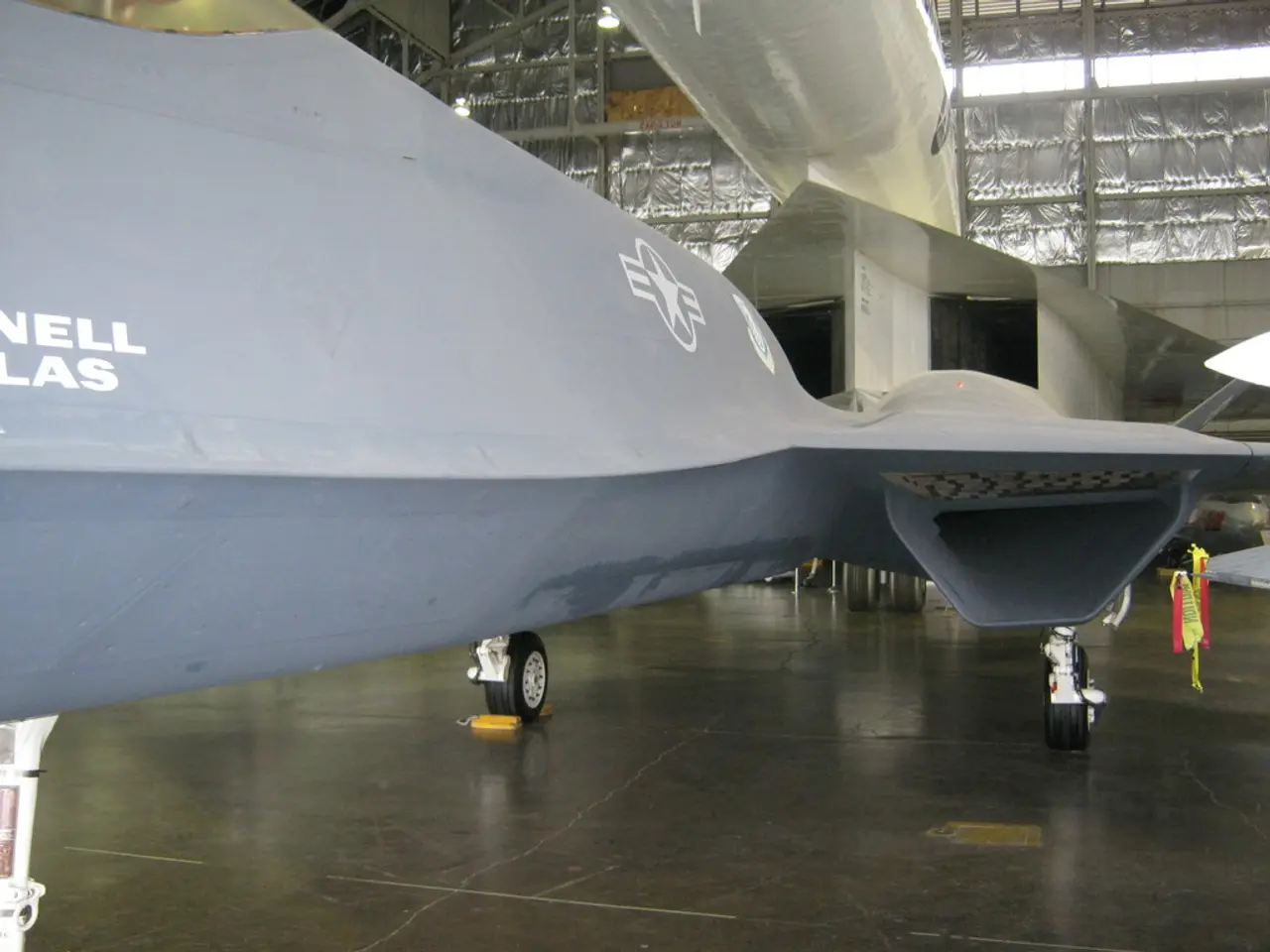Air Canada halts plans for resuming flight services
The ongoing dispute between Air Canada and its flight attendants, represented by the Canadian Union of Public Employees (CUPE), has taken a new turn as the union has refused to comply with a back-to-work order issued by the Canadian Industrial Relations Board (CIRB).
The strike, which began on August 16, has disrupted the travel plans of around 130,000 passengers daily, resulting in approximately 700 flight cancellations. The airline had initially planned to resume operations on August 17-18, but the union's defiance has delayed the restart until August 19 or later.
Elizabeth Fourney, a passenger from Vancouver, expressed her frustration with the lack of information provided by Air Canada, while Francesca Tondini, a traveler from Italy, had her flight canceled twice due to the strike and was given unclear information about when the flight would depart.
The CIRB complied with a request by Jobs Minister Patty Hajdu and ordered binding arbitration in the interest of protecting the economy. However, the union has invited Air Canada to negotiate a fair deal instead of complying with the order.
Michael Lynk, professor emeritus at Western University's Faculty of Law, suggests that the government could enforce the order in court and potentially secure a contempt order if the union refuses to comply. The union's defiance has left many travelers uncertain about the resumption of flights.
The union's refusal to obey the order has been met with criticism from unions, who claim that such interference favors employers and denies their right to collective bargaining. The union leadership could face fines and potential jail time if they continue to defy the order, similar to what happened to their counterpart in 1978.
The most contentious issue in the current dispute is the union's demand for compensation for time spent on the ground between flights and when helping passengers board, as attendants are largely paid only when their plane is moving. Air Canada has offered a 38% compensation increase over four years with no concession demands, which CUPE rejected along with a proposal for binding, third-party arbitration.
The minority Liberal government could pass back-to-work legislation, but this would require support from political rivals and approval in both houses of parliament, which is on break until Sept 15. The CIRB did not respond to a request for comment, while Jennifer Kozelj, Hajdu's press secretary, stated that the government is closely monitoring the situation and referred questions about the union's defiance and the recusal of the CIRB's leader to the Canada Industrial Relations Board (CIRB). A tentative agreement was announced between Air Canada and CUPE on August 19, subject to union membership ratification, which may end the strike and allow operations to resume normally.
Read also:
- Struggle for Wetlands, Wildlife Preservation, and Youth-Driven Conservation Movement Led by Matthew Vincent Tabilog in the Philippines
- Weekly proceedings in the German Federal Parliament (Bundestag)
- Upgraded Delights: A Comparison of Overcooked and Overcooked 2, Revealing 3 Enticing Enhancements Worth the Excitement
- Family vacation deals in the Mediterranean: inclusions of children-free vacations and enticing destinations like Crete, Sicily, and Barcelona








